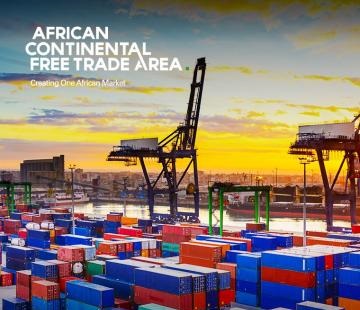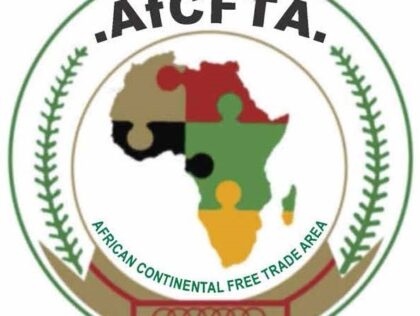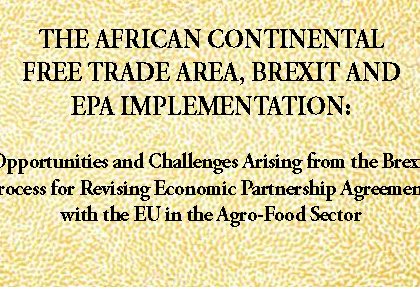I write with reference to the Monday, 27th February 2012 edition of Business & Financial Times, which carried an interview with the Trade and Industry Minister, Ms Hannah Tetteh, on the Economic Partnership agreement (EPA) titled ?The EPA debate?.
According to the interview, the Minister is committed to the ECOWAS Platform for the full EPA with the European Union. However, failing that, in her view, then Ghana should fall back on the Interim EPA between Ghana and the European Union.
With all respect to the Hon. Minister, the position as reported ignores a third option, which is better, superior and beneficial to Ghana and which ECOWAS has committed to.
This option is a regional mechanism in the form of a solidarity fund to compensate Ghana, Cote d?Ivoire and Cape Verde on export losses in case regional consensus on EPA is not reached by 1st January 2014.
This decision was taken at the most recent West African Ministerial Monitoring Committee (MMC) meeting held in Accra, Ghana, in November 2011, and of course hosted by no other person but the Hon. Hannah Tetteh herself.
This option, in my view, helps Ghana avoid the disruption of exports as well as all the damaging clauses in the interim EPA with its far-reaching effects on the development of Ghana and the regional integration process within ECOWAS.
The issue of the exporters is genuine and a real concern. But that has to be put in the broader interest of other producers and the country as a whole. Apart from those who export to the EU market all other local producers whose market is domestic and the ECOWAS region will have a very serious challenge with the influx of EU goods. Let?s take time to understand the argument.
Under the current regime, goods from Ghana, mostly raw materials, enter the EU market duty- free. By 2014, Ghana might trade with the EU under a new trade regime called the Generalized System of Preferences (GSP) should the regional process delay.
Goods under such a trade regime will attract duties as low as 2% and as high as about 20% depending on the product as they enter the EU market. Specifically reverting to the standard GSP scheme, about 70% of exports would continue to face zero tariffs to the EU.
Exports of cocoa beans, hardwood lumber, gold and diamonds would be unaffected by changes in tariffs. However, for example, leading exports of tuna would face tariff increases of between 18% and 20%, fruit and vegetables exports (2-8%), and cocoa butter and paste (4-6%).
It was in the light of this that the MMC adopted the regional mechanism to compensate Ghana, Cote D?Ivoire and Cape Verde as a stop-gap measure and strategy to counteract the intransigent position of the EU in the EPA negotiations.
The wisdom of such a mechanism is to prevent the divide and rule tactics of the EU aimed ostensibly at the destruction of ECOWAS. It was adopted after careful analysis of the gains and losses of member countries going solo in the EPA process. The following reasons discussed below are crucial in appreciating the EPA debate:
First of all, a most recent study (South Centre, November 2011), which updates the 2005 study undertaken by the UN Economic Commission for Africa (UNECA, April 2005) estimates that the cost, due to new duties under the EU Generalised System of Preferences (GSP) that Ghana will incur will be in the region of $52 million, whilst that of her current commensurate loss of tariff revenue from an EPA will be about $374 million.


